“Don’t try and make me grow up before my time…let me be a little girl as long as I can” – Little Women
The coming-of-age story told from the female point of view has a long tradition in literature, with notable examples being Louisa May Alcott’s Little Women and Sandra Cisneros’ The House on Mango Street.
Rachel Bonds’ play Jonah (Laura Pels Theatre, 2023) lands firmly in this tradition and is part of a long line of plays staged at Roundabout where the protagonist is a young female learning how to navigate the adult world on her own terms.
Ming Peiffer’s play Usual Girls (Blackbox, 2018) introduces us to Kyeoung (played by Midori Francis) as the lone Asian in an otherwise white friend group in small town Ohio. We meet her in elementary school and then track her experiences (both joyful and horrific) as she ages into adulthood. Peiffer’s writing provides a powerful glimpse into female friendship, sexual exploration, and the residual effects of childhood trauma on the adult.
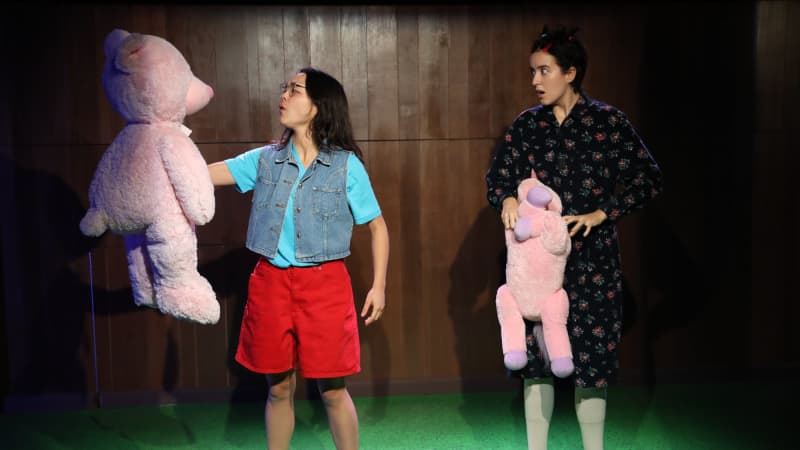
The cast of Usual Girls
Joan MarcusNapoli, Brooklyn (Laura Pels Theatre, 2017) Meghan Kennedy’s play set in 1960s Brooklyn, follows three sisters coming of age in a strict Italian family. The sisters, ranging from early teens to late 20s, push against the boundaries of religion, sexual expression, and familial obligation ultimately exposing the ways in which women traditionally had to carve out life paths and identity in opposition to societal expectations and norms – even at the risk of hurting (or losing) loved ones.
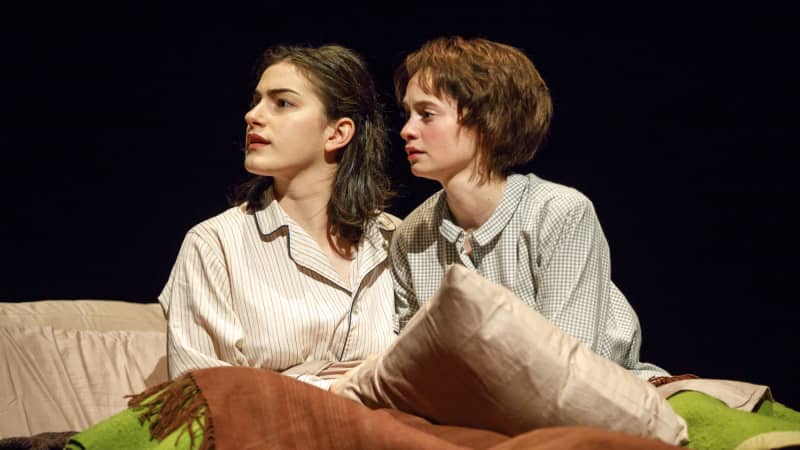
The cast of Napoli, Brooklyn
Joan MarcusWilliam Inge’s Picnic has been staged twice at Roundabout, once in 1994 (Criterion Center) and again in 2012 (American Airlines Theatre). While the play tells the story of the Owens women in a tightknit rural Kansas community, the larger theme of opportunities presented as girls become women in the 1950s takes center stage. Madge, the older of the Owens sisters, is the distracted beauty while younger sister Millie is the whip-smart tom-boy. Both sisters are coming of age only two years apart but with very different expectations placed upon them: it is understood that Madge will use her looks and Millie her brains to escape the confines of small-town life.
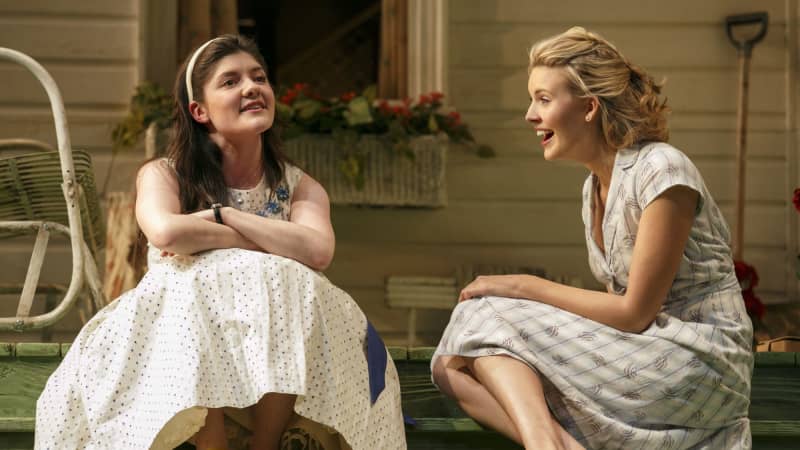
The cast of Picnic
Joan MarcusThe parallel theme of coming-of-age is drama actually set within the classroom. Exploring the inner world of teenagers and the gap between childhood and adulthood was last seen in Dave Harris’ Exception to the Rule (Blackbox, 2022), a play that provided a realistic look at a group of teens forced into afterschool detention and the kinds of things they talk about, worry about, and ultimately bond over. And Roundabout’s first Underground production, Stephen Karam’s Speech & Debate (Blackbox, 2007) was also Roundabout’s first play set in a high school. The play explores three teens from a debate club as they tackle difficult adult-centered issues.
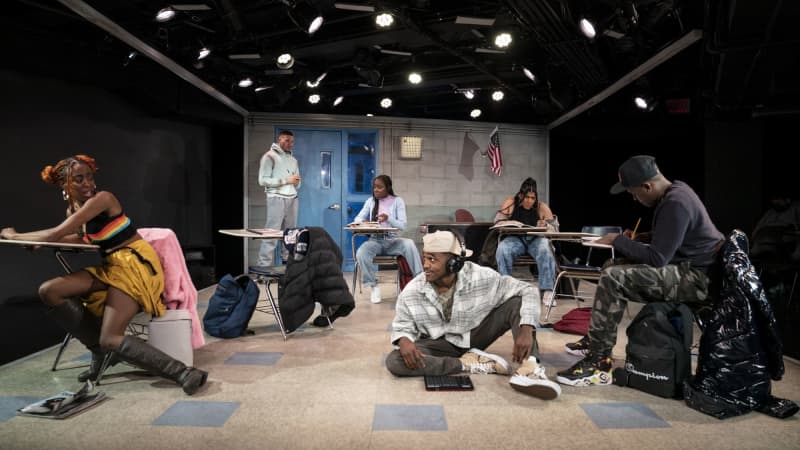
The cast of Exception to the Rule
Joan Marcus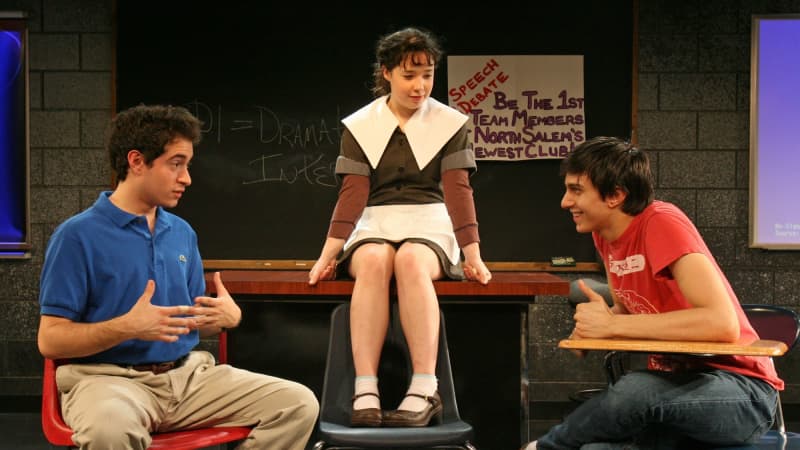
The cast of Speech & Debate
Joan MarcusIn our world where young people tend to grow up faster, exposed to life and its realities at earlier ages than before, it seems likely that tomorrow’s plays will reflect this fact, with the coming-of-age tale bending to meet the times. But for now, let’s hold tight to Jo March’s wish from Little Women, “don’t try and make me grow up before my time…let me be a little girl as long as I can.”


